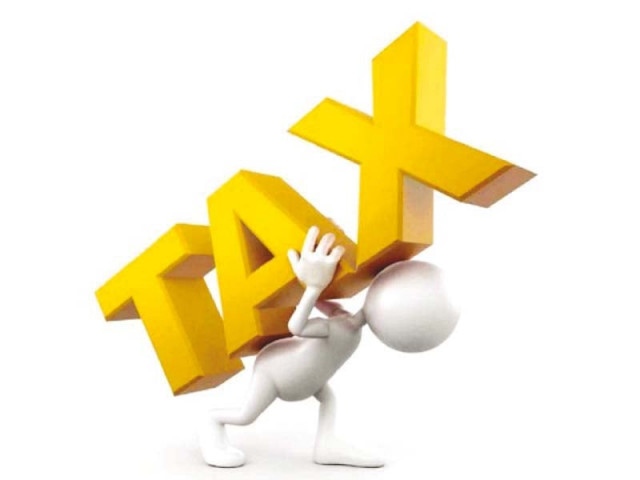How not to extend the tax net
Withholding tax rate was reduced and the deadline for the measure coming into effect extended

CREATIVE COMMONS

Now, after almost half of the fiscal year has passed, it seems like the traders have won. An ‘asset regularisation scheme’ has been finalised to enable traders to be brought into the tax net. After spending years outside the net, the government would like us to believe that it has prevailed in a battle that shouldn’t have even occurred in the first place. By law, citizens and businesses are required to file their tax returns. When there is a violation of this law, there should be consequences. The fact that traders have managed to pile up assets while remaining outside the tax net and now don’t want the government to nose around suggests foul play. But the government is willing to bend. It will be asking traders to declare their hidden assets of up to Rs50 million by paying a nominal one per cent of the declared amount in taxes. Not only this, it will also be making an offer to the traders to pay a nominal rate of about 0.2 per cent of the total sales, as their full and final income tax liability. Pakistan’s income tax rates are generally mid-tier compared to the rest of the world, but its tax-to-GDP ratio is among the lowest. Indirect taxation forms a major chunk of the total revenue and this is so because people are unwilling to pay their due share of taxes. Schemes such as this one, where a high-earning group is extended leniency, will force other taxpayers to bear the brunt. Mr Dar might think he has played hard ball with a mighty group, but the battle has certainly not been won. He might be able to boast of extending the tax net, but the big fish cannot be considered to have been caught when they are being treated in a privileged manner.
Published in The Express Tribune, December 21st, 2015.
Like Opinion & Editorial on Facebook, follow @ETOpEd on Twitter to receive all updates on all our daily pieces.














COMMENTS
Comments are moderated and generally will be posted if they are on-topic and not abusive.
For more information, please see our Comments FAQ